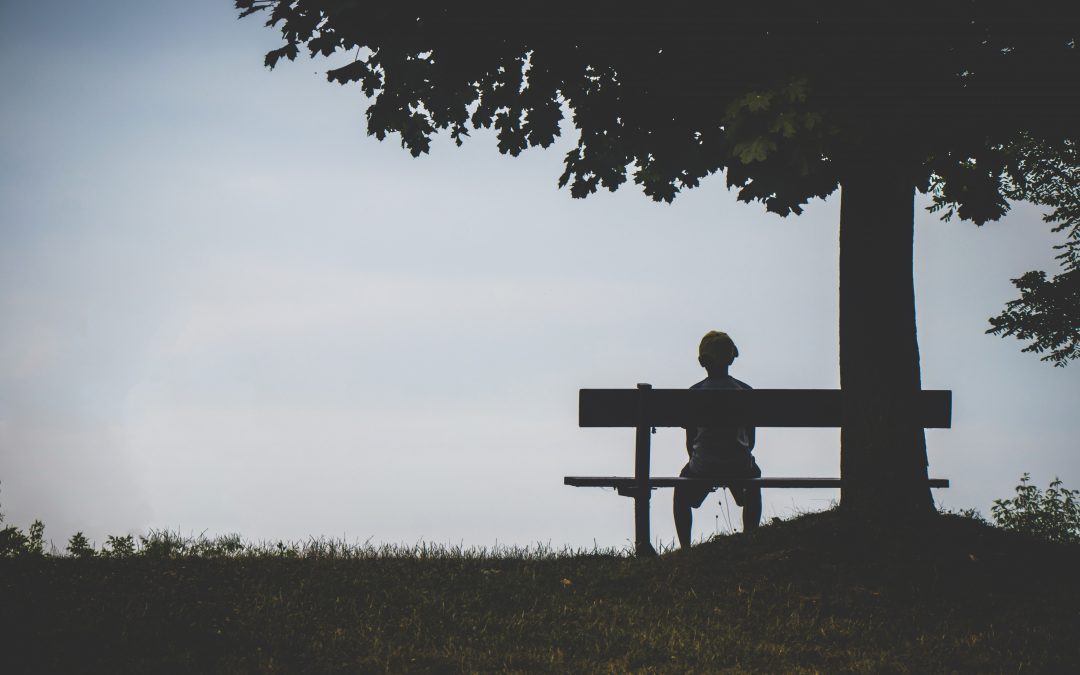We need other beings. The feeling of loneliness is powerful and can be emotionally painful and can affect people in many ways. The idea behind loneliness is that is draws us back to others to reduce the pain. The areas of the brain that deal with social exclusion are the same areas that process physical pain. One study found that lonely people showed more depressive symptoms, and lonely and depressed people alike tend to experience less “togetherness” in social interactions. Depression and loneliness can feed off of each other. Emotional stress can be linked with a depressed immunity. People who are experiencing loneliness can be susceptible to a variety of health issues.
Signs that your mental health may be struggling a little:
• Losing a sense of your routine: Not keeping up with basic hygiene (showers, brushing your teeth) or home tasks such as laundry, dishes, and clutter.
• Lack of motivation: Not returning phone calls or messages from friends and family.
• Arising behavioural problems: Drinking, smoking, drug use, overeating, online gambling and or excessive shopping.
• Poor sleep patterns: Consistent poor sleep or too much sleep.
• Thought patterns: Repetitive negative thoughts.
• Negative feelings: Feeling helpless or hopeless, including thoughts of suicide.
Things you can do when you are experiencing loneliness:
• Community: Whether art, exercise or any given club in your community, joining in exposes you to people who share at least one of your interests. It can also provide a sense of belonging and stimulate creativity which will give you something to look forward to.
• Take care of your body: Try to eat well. It doesn’t have to be long, but try to exercise and often. Get some daily sunshine. This can improve your mental health by creating structure. It can also help you sleep better.
• Nurture existing relationships: Loneliness can often see us stray from those around us that we love. Connect with family. Call friends more often. Loneliness can touch all of us. Reach out. Get to know the people in your life better. Often the people we know have been or are going through something similar.
• Get a pet: Pets provide unconditional love. They are so beneficial and can prevent loneliness. Walking a dog can help break the cycle of staying indoors and can also open you up to a community of other dog-walker’s.
• See a health professional therapist: The lonelier you are, the more depressed you feel. People experiencing loneliness can sometimes feel when they are with other people. Sometimes getting out just isn’t enough. If this is the case, seek help with your GP who can refer you to a psychologist. Some forms of therapy can help you to change your thoughts as well as your actions to help you not only experience less loneliness, but to be able to do more in your life.
• Talk to someone about feeling disconnected: Strive to work towards connection with those you care about.
• 12 hugs a day to thrive: Self hug or hug a family member or pet.
Remember that however you feel, know that you are truly not alone. Reach out and connect. Take care.



